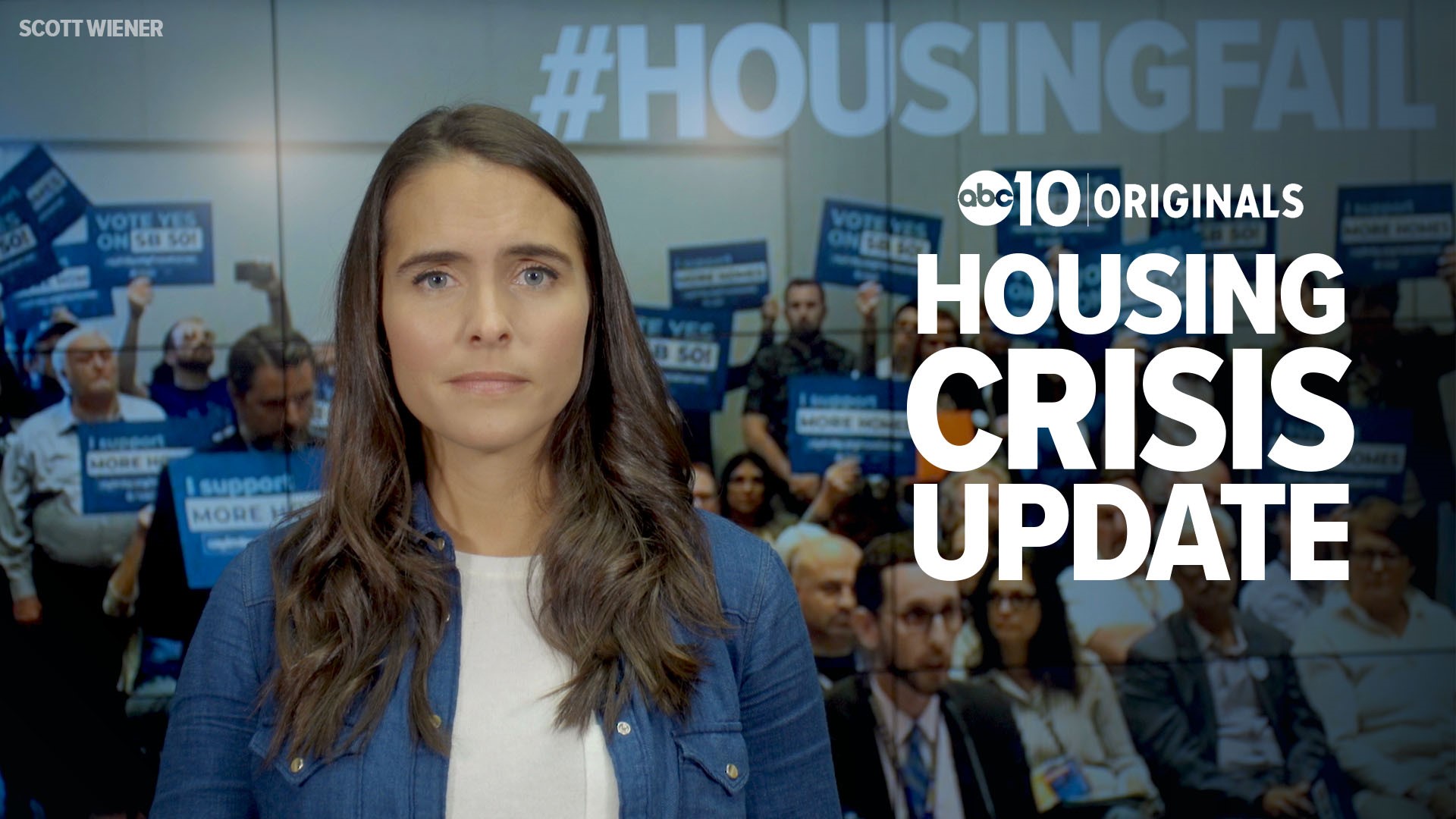SACRAMENTO, Calif. —
Homelessness has increased in Sacramento, San Francisco, and Los Angeles by double digits in the past two years. More than half of California renters spend over 30 percent of their income on housing.
Experts point to the low supply of housing and the need to build more as the leading cause of both homelessness and the crisis in housing affordability.
During his campaign and upon taking office, Gov. Gavin Newsom promised to build the state out of a housing shortage of 3.5 million units of housing by 2025.
"We all know the problem. There's too much demand and too little supply. And that is happening in large part because too many cities and counties aren't even planning for how to build," said Newsom during his State of the State speech, adding, "some are flat out refusing to do anything at all.”
These and other factors have escalated the tone and urgency of conversations around housing. The loudest legislative solutions throughout this session have come primarily from the battleground of the crisis, San Francisco, where the ratio of new jobs to new homes added has been critically high for years.
For two years in a row, San Francisco Sen. Scott Wiener has authored and failed to pass two bills that sought to increase the supply of housing along transit corridors, an idea Newsom had supported in the past but didn’t back when it came up in the legislature.
In May, Senate Bill 50, which sought to increase density along transit corridors, like train and bus stations, was tabled until 2020. Homeowner groups opposed it, calling it a “personal attack on California’s history” and a “threat to single-family neighborhoods.” Other opposition came from those who argued the bill would accelerate gentrification.
READ MORE FROM LILIA LUCIANO:
Affordable housing advocates also mourned the death of some tenant protection bills during this legislative session. Assembly Bill 36, a bill that sought to lift restrictions on local rent control by allowing cities to cap rents on 10-year-old properties if they opted to do so, was shelved.
The opposition argued that rent control could disincentivize new development, which they say is what would increase the supply of housing and fix the housing crisis.
AB 1481, the “just cause” bill that sought to prohibit landlords from evicting people for reasons outside of the renter’s control and, in some cases, required landlords to assist in a tenant’s relocation, also failed.
Assemblymember David Chiu's, D-San Francisco, rent cap bill, AB 1482, seeking to prevent rent gouging by landlords is also standing, but with significant amendments.
The bill sought to cap annual rent hikes at 5 percent plus inflation for the next 10 years. Now, instead of 5 percent, the cap on annual rent hikes is at 7 percent plus inflation, and the plan would expire in three years instead of 10.
Since the “just cause” bill failed, advocates fear that landlords can increase rents by 7 percent annually or evict tenants without just cause if they want to increase rents. That bill is making its way through the Senate.

